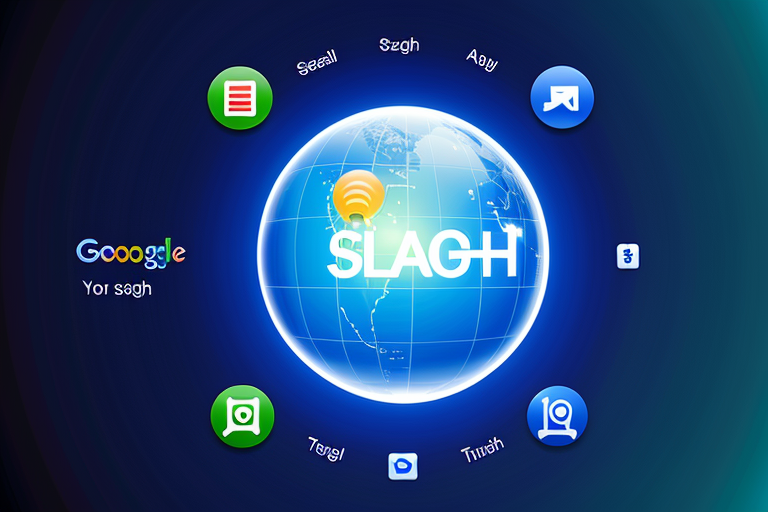In the fast-paced internet world, Google unexpectedly became a leader in search engines due to its ad-free approach and ability to provide relevant results. However, as the internet evolved, Google faced new challenges that caused its dominance to decline.
Google transformed search engines with its innovative algorithm, PageRank. By considering the number of links between pages, PageRank greatly influenced how online content was organized and created. Bloggers unknowingly played a role in enhancing Google’s capabilities through search engine optimization (SEO). Unfortunately, this practice had unintended consequences for online content. Publishers started prioritizing pleasing Google’s algorithm over creating original, high-quality content, resulting in a lack of diversity and uniformity across the web.
Google’s launches in the early 2000s, like Google News and Google Answers, solidified its central position online. Google Reader became a crucial part of internet culture. However, as spammy and keyword-stuffed content flooded the web, doubts arose about the accuracy and effectiveness of Google’s search results. Gradually, Google’s reputation for delivering high-quality content declined.
While Google seemed to shift its focus to its own network, closed algorithmic social media platforms like Facebook and Instagram gained popularity. These platforms offered users a curated experience, diverting them from Google Search. To make matters worse, Google’s AdSense program, while monetizing links, contributed to an influx of spam comments that undermined the natural flow of online discussions.
Meanwhile, emerging platforms like Myspace and later Pinterest played crucial roles in shaping internet fame and virality. Native content creation on Facebook and Instagram became the norm, posing an extra challenge to Google’s influence. The closure of Google Reader in 2013 marked a turning point in the internet landscape, forcing bloggers to adapt to new platforms and search algorithms.
In recent years, TikTok has become a primary search engine for a new generation of internet users, intensifying the competition against Google. Furthermore, alternative search engines like Reddit have gained popularity, further challenging Google’s dominance. The rise of AI-powered platforms like OpenAI’s ChatGPT has fueled the race between Google and Microsoft in the search engine arena.
The ever-changing search landscape and Google’s decline have led some to compare the current state of the internet to a dead mall filled with undesirable stores. The question remains whether Google can adapt and regain its position as a leader in the internet or if it will be overshadowed by new players and shifting trends.
As we stand at the crossroads between eras, it is clear that Google’s influence on content creation and online organization cannot be underestimated. While PageRank revolutionized the internet, Google now faces challenges from closed algorithmic social networks and evolving user preferences. Only time will tell if Google can reinvent itself and regain its dominance or if it will be left behind in the ever-changing world of search.











